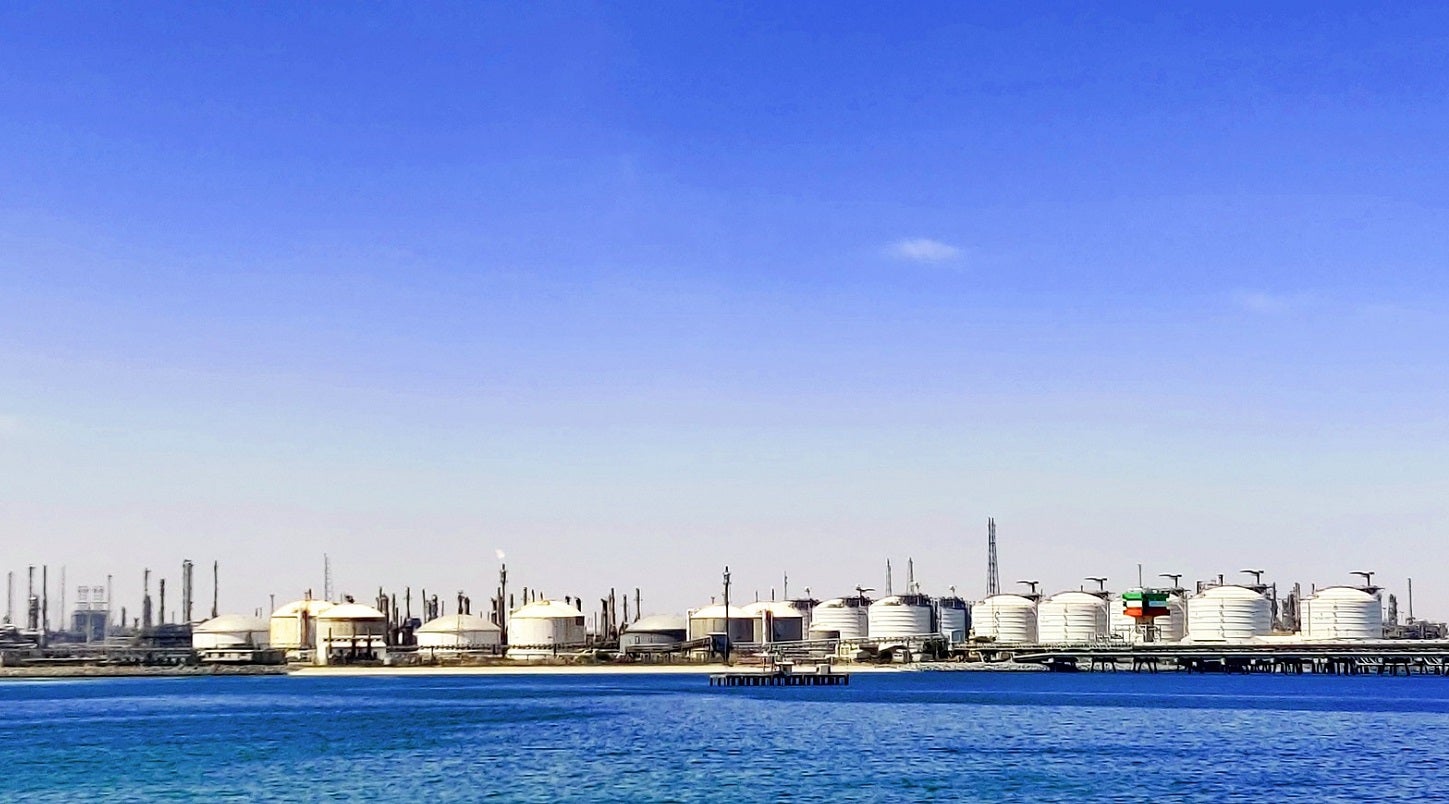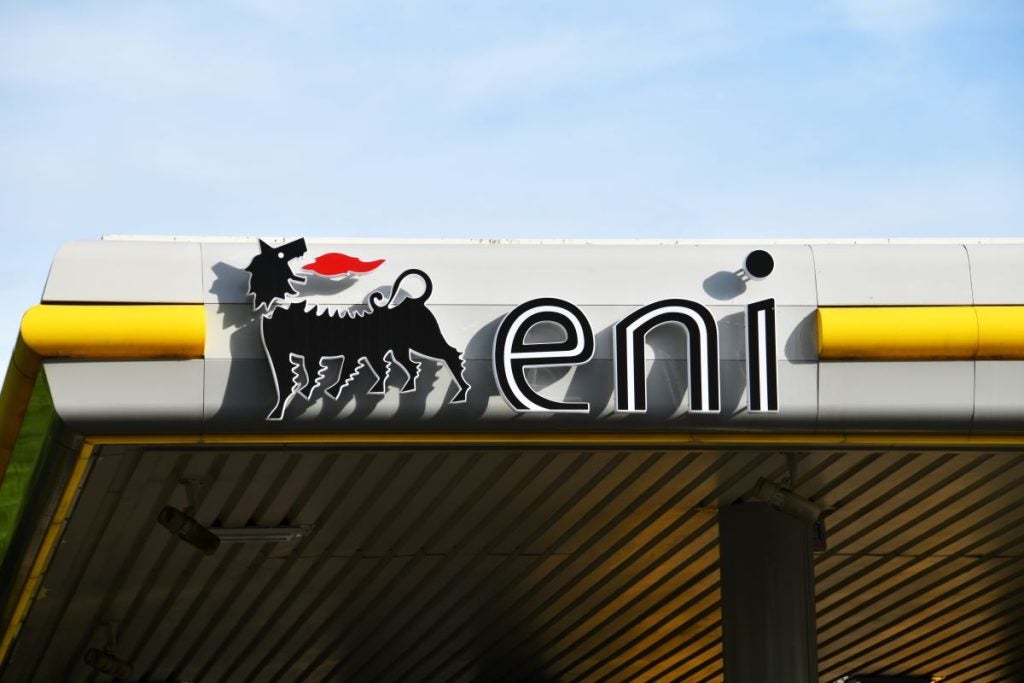
Pembina Pipeline has announced that its $2.4bn Cedar liquefied natural gas (LNG) project has secured environmental approval from the Government of British Columbia (BC) in Canada.
The environmental assessment certificate (EAC) for the project has been issued by the BC Environmental Assessment Office.
British Columbia Minister of Environment and Climate Change Strategy George Heyman said: “This decision was carefully made after considering all environmental impacts and comes with 16 legally enforceable conditions that Cedar must follow over the lifespan of the project, in addition to other oil and gas emission control regulations which the government is developing.”
Planned to be built on indigenous group Haisla Nation-owned land in Kitimat, the floating LNG (FLNG) project is expected to have an export capacity of three million tonnes per annum (Mtpa).
Cedar LNG Partners, the project holding company, is due to receive the necessary federal approvals, provincial permits, and authorisations prior to starting construction.
Haisla Nation owns a majority stake in Cedar LNG Partners.
How well do you really know your competitors?
Access the most comprehensive Company Profiles on the market, powered by GlobalData. Save hours of research. Gain competitive edge.

Thank you!
Your download email will arrive shortly
Not ready to buy yet? Download a free sample
We are confident about the unique quality of our Company Profiles. However, we want you to make the most beneficial decision for your business, so we offer a free sample that you can download by submitting the below form
By GlobalDataHaisla Nation chief councillor Crystal Smith said: “The receipt of our EAC is the culmination of more than a decade of work by the Haisla Nation, and marks a significant milestone for the Cedar LNG project and the Haisla Nation’s journey towards economic self-determination.”
The FLNG project also secured the BC energy regulator’s permit for the 8.5km pipeline, which will link the project to the Coastal GasLink pipeline.
Furthermore, Haisla Nation and Pembina Pipeline have signed a long-term liquefaction services agreement with ARC Resources for the FLNG project.
The parties are finalising a definitive agreement for 1.5Mtpa of LNG.
ARC Resources president and CEO Terry Anderson said: “This agreement is an important step forward in delivering our low-cost, low-emission natural gas to key demand markets, and increasing ARC’s exposure to LNG-linked natural gas prices.”







